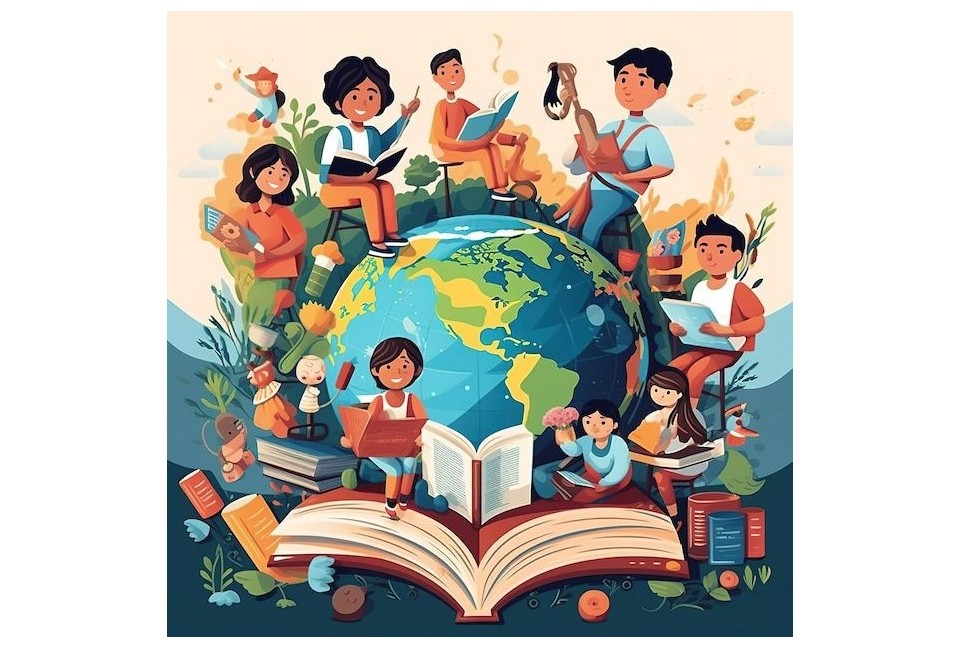Education in India

A Nation Striving for Knowledge
India's education system is a vast and multifaceted landscape, shaped by a rich history and driven by the aspirations of a young and dynamic population. While facing significant challenges, the nation is actively pursuing reforms to create a more equitable and high-quality learning environment for all.
The formal education structure largely follows a "10+2" pattern, encompassing ten years of primary and secondary schooling, followed by two years of higher secondary education. This is being progressively adapted to the new "5+3+3+4" structure outlined in the National Education Policy (NEP) 2020, emphasizing early childhood care and education and a more flexible, multidisciplinary approach to learning.
Despite considerable progress in increasing enrollment, significant disparities persist. Access to quality education remains a challenge, particularly in rural areas and for marginalized communities. Issues such as inadequate infrastructure, teacher shortages, and outdated curricula hinder the learning process for many. Moreover, the focus on rote learning over critical thinking has been a long-standing concern.
However, India is proactively addressing these challenges. The NEP 2020 aims to revolutionize the education system by promoting holistic development, fostering critical thinking, and integrating vocational training from an early stage. Emphasis is being placed on leveraging technology to expand educational reach and improve learning outcomes through initiatives like PM eVidya. Furthermore, the promotion of regional languages as mediums of instruction and the establishment of a single higher education regulator are significant steps towards creating a more inclusive and efficient system.
The government is also increasing investment in the education sector and encouraging public-private partnerships to improve infrastructure and the quality of teaching. Schemes like the Samagra Shiksha Abhiyan focus on universal access and improved resources. While challenges remain in implementation and ensuring equitable access, the commitment to reform and the potential of its vast human capital position India on a path toward educational transformation, aiming to empower its citizens with the knowledge and skills needed for the 21st century.
Comments
No comment at this time!
Leave your comment